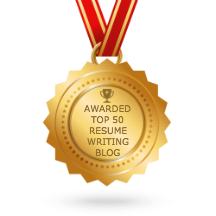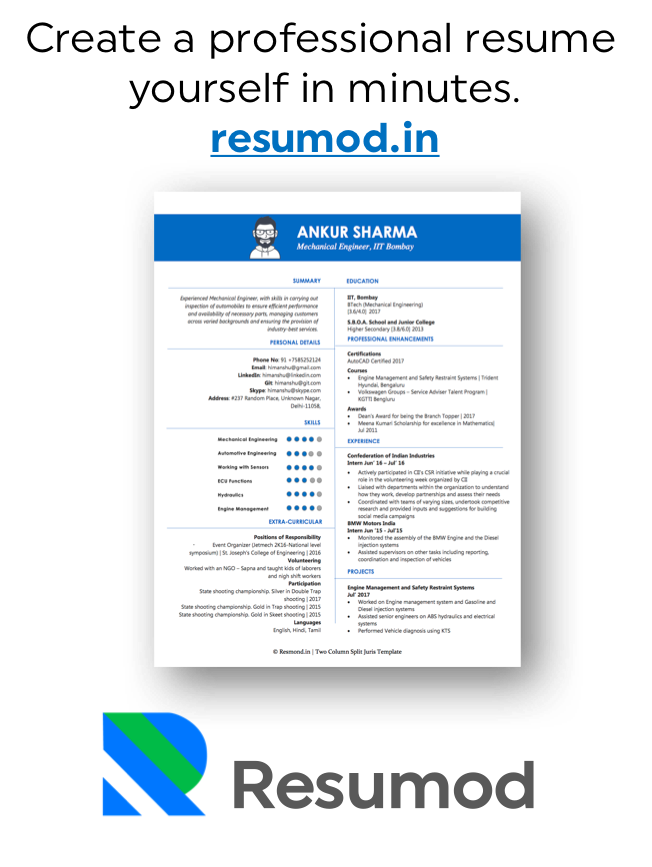Much of the global workforce is highly migratory at this point, and thus a lot of the value of a resume lies in skills that are transferable between different jobs and sectors. Most of the exact skills an employer is looking for are often clearly specified in the job description, which is your first port of call when adapting a resume for a job. Company pages and employee profiles may also divulge clues. But there are a number of skills on an application that are broadly sought after across industries, a few of which we’ll discuss below.
Leadership Skills
The precise definition of leadership can vary depending on who you ask. Consensus generally exists around the idea that leadership is about inspiring and encouraging teams toward a goal. Often, however, there’s an emphasis on people skills such as:
- Empathy
- Dependability
- Positivity
- Teaching and mentoring ability
Creativity and effective decision-making are also qualities under the umbrella of leadership. It’s not hard to see why such a broad category is so desired by employers; usually by at least two thirds in surveys. It’s never too soon to learn leadership: project management, for example, can be done at work, school, or through voluntary activities. Many world-renowned institutions from the London School of Economics to Harvard also run online credentialed courses, including those to suit a variety of sectors. Guest poster Abhyank has covered the keywords to indicate leadership in your resume, which employers will be on the lookout for.
Planning, Organisation and Prioritisation
Most work can be divided into a series of discrete tasks. Preparing for these tasks and being efficient in arranging them relieves a lot of pressure that might otherwise be placed on supervisors. Though a short read, Brian Tracy’s Eat That Frog! is read worldwide for its advice on the principles of prioritisation, planning and avoiding procrastination. One of the obvious indicators on a resume is the ability to work to deadlines, but organisation intersects with leadership and project management, too.
Being a Fast Learner
The contemporary working world moves so fast that multi-skilled employees who are quick to continually adapt to new skills and challenges are highly sought after. Luckily, there are ways to develop the art of picking up skills quickly. Business coach Pat Flynn wrote a book emphasising speed and efficiency in collecting, or “stacking” skill sets. Flynn explains and illustrates how to achieve more with an hour of practice a day, and how to leverage it to make money.
Additionally, specific memorisation techniques such as Spaced Repetition Systems can also put applicants at an advantage, so be sure to take advantage of them when learning. Technical skills and language abilities obviously speak to your learning skills on a resume. You can also add a section on skills acquired under each work experience entry to show how you’re continuously enriching your abilities.
Analysing Quantitative Data and Information Processing
Dealing with qualitative and quantitative information are often part of psychometric tests. On the quantitative side, the reality is that private, public and third sector organisations measure themselves in numbers. Showing a track record of working with those numbers, especially to improve the important ones like profit, is massively important.
This includes being able to take the initiative at work, rather than waiting for others to provide you with information and guide you through it every time. Noting instances where you’ve worked independently with data sets, large volumes of text, or had to seek information demonstrate these skills.
—
Above are some of the more popular skills to include in a resume. A number of them can be further subdivided, however, and being specific rather than generic will help when targeting a position. Finally, while it’s good to show employers what you’re capable of, always remember to trim and tailor your resume to highlight skills relevant to the position.



